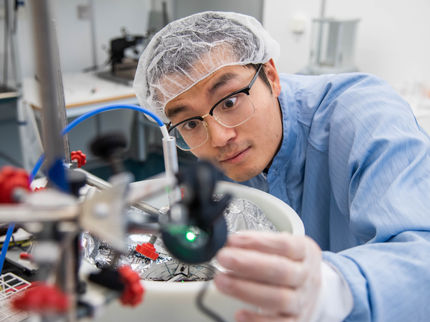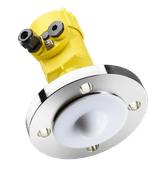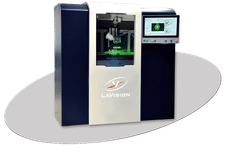Donut-shaped structures could lead to self-cleaning surfaces
Advertisement
A straightforward method for making films of doughnut-shaped (toroidal) structures could lead to improved smart materials, such as self-cleaning surfaces and scaffolds for biological sensors. Ordered patterns of the structures can by formed by simply dropping then evaporating solutions of chiral polymers on surfaces, report scientists in the Netherlands.
Ben Feringa and colleagues at the University of Groningen evaporated a solution of a chiral poly(isocyanate) to produce films with stable, evenly spaced arrays of toroidal structures on a variety of surfaces and from a variety of solvents.
Producing mesoscale patterns using physical processes, such as solvent drying, is interesting, says Feringa: physical processes can lead to structures not accessible in solution but their formation cannot necessarily be predicted by conventional molecular approaches to self-assembly.
Typically, toroidal structures deposited on a surface by any method show no long-range patterning, explains Feringa. His group demonstrated a large degree of long-range order (> 200 mm), showing that physical processes may provide a useful assembly approach to mesoscale chemistry. They expect that they could modify and control the patterns by drop-casting on surfaces that have been chemically and morphologically structured through self-assembly and lithographic methods.
Original publication: Gregory T. Carroll, Mahthild G. M. Jongejan, Dirk Pijper and Ben L. Feringa, Chem. Sci. 2010.
Other news from the department science
These products might interest you
Most read news
More news from our other portals
See the theme worlds for related content
Topic world Sensor technology
Sensor technology has revolutionized the chemical industry by providing accurate, timely and reliable data across a wide range of processes. From monitoring critical parameters in production lines to early detection of potential malfunctions or hazards, sensors are the silent sentinels that ensure quality, efficiency and safety.

Topic world Sensor technology
Sensor technology has revolutionized the chemical industry by providing accurate, timely and reliable data across a wide range of processes. From monitoring critical parameters in production lines to early detection of potential malfunctions or hazards, sensors are the silent sentinels that ensure quality, efficiency and safety.
































































